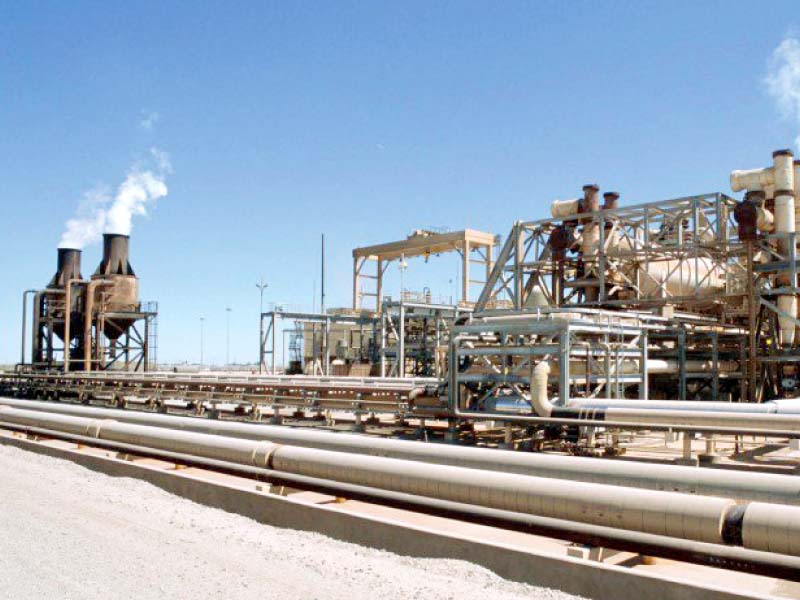
Independent legal consultants have suggested that the Oil and Gas Regulatory Authority (Ogra) is not legally bound to follow directives of the federal government in relation to the collection of an additional Rs49 billion from consumers to bail out gas utilities, which were facing higher losses due to theft.
Following an increase in the unaccounted-for-gas (UFG) ceiling, which covers theft and leakage, from 5% to 7% by Ogra in 2010, then headed by Tauqeer Sadiq, the state-owned gas transmission and distribution firms had earned an additional revenue of Rs49 billion. The National Accountability Bureau (NAB), however, termed it a scam.
The Economic Coordination Committee (ECC) of the cabinet also approved policy guidelines that forced the regulator to allow gas utilities - Sui Northern Gas Pipelines Limited (SNGPL) and Sui Southern Gas Company (SSGC) - to collect the cost of gas theft from honest consumers who were regularly paying their bills. Following approval of the guidelines, share prices of the two companies had jumped in the local bourse.
Through implementation of the guidelines, the federal government wants Ogra to add Rs13 billion to the revenue requirement of SNGPL for financial year 2010-11 and 2011-12. Similarly, it is required to add another Rs8 billion to the revenue requirement for 2012-13, with the cumulative impact standing at Rs21 billion.
For SSGC’s revenue requirement, the total financial impact will be Rs28 billion for the three financial years.
Through stay orders from courts, the gas utilities have recovered Rs49 billion from the consumers because of the higher UFG ceiling and the government now wants to legally adjust this in accounts of the two companies, officials say, adding consumers would be paying the cost of gas theft in coming years too.
“Ogra has legal powers under the Ogra ordinance to implement these guidelines, but the federal government cannot direct the regulator which is a judicial body,” an official said, quoting the legal opinion received from the third-party consultants.
The consultants made it clear that Ogra, headed by former chairman Tauqeer Sadiq, had constitutional powers to allow gas companies to collect the cost of 7% UFG, he said.
Earlier, legal opinion was sought from the Ministry of Law to implement the policy guidelines to give legal cover to the Rs49-billion additional revenue. The ministry, however, argued that the matter fell within the purview of petroleum ministry and Ogra and they could do whatever they wanted.
“If this amount is not adjusted by the regulator in accounts of the gas utilities, then Ogra will have to add it to consumer bills,” the official said.
According to a senior government official, the socio-political programme of the government under which gas is provided to untapped villages has increased the ratio of retail consumers compared to bulk users. “This has caused an increase in the UFG level.”
SNGPL claims it is facing an annual loss of Rs13 billion in the areas of Karak because of construction of a 1,600km illegal pipeline network.
According to the policy guidelines, the volumes of gas stolen by unregistered consumers but detected and determined by the companies, volumes against the minimum billing amount charged from domestic consumers, volumes consumed in law and order-stricken areas and impact of change in the bulk-retail ratio can be considered for the UFG ceiling using 2003-04 as base year when the ceiling stood at 6.5%.
Ogra had raised the ceiling to 7% for financial year 2009-10, but after one month, it withdrew the decision and set the ceiling again at 5%.
Published in The Express Tribune, September 3rd, 2015.
Like Business on Facebook, follow @TribuneBiz on Twitter to stay informed and join in the conversation.

















COMMENTS
Comments are moderated and generally will be posted if they are on-topic and not abusive.
For more information, please see our Comments FAQ